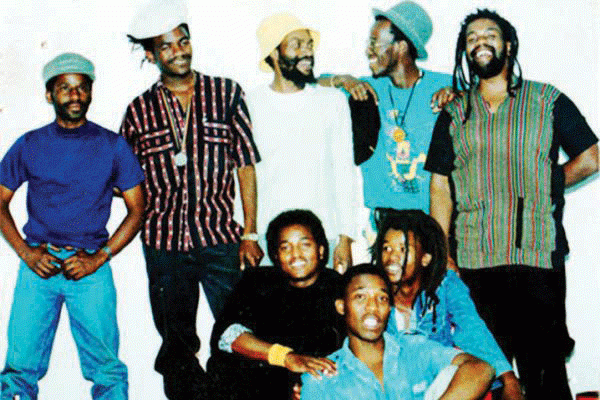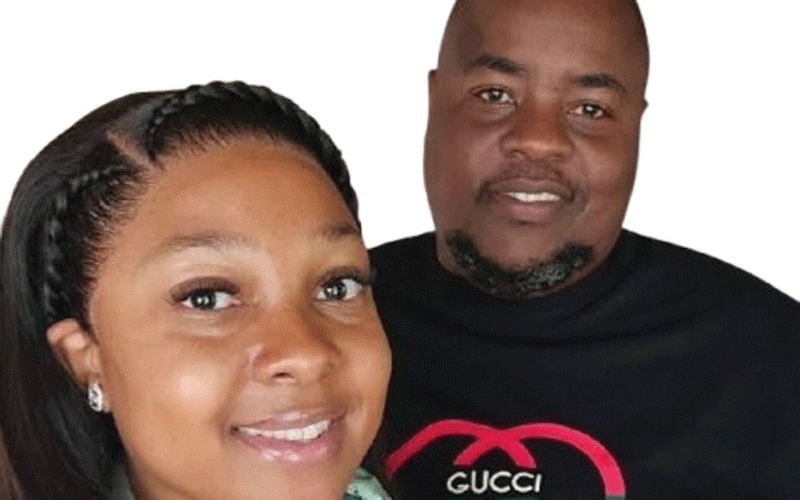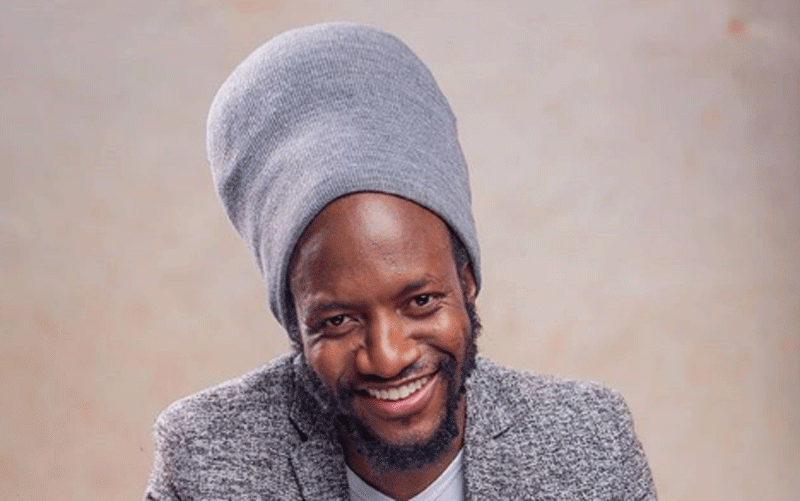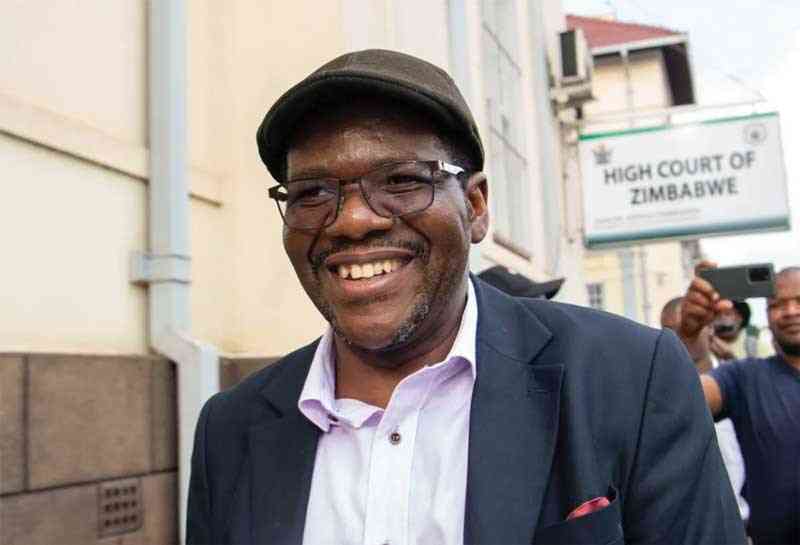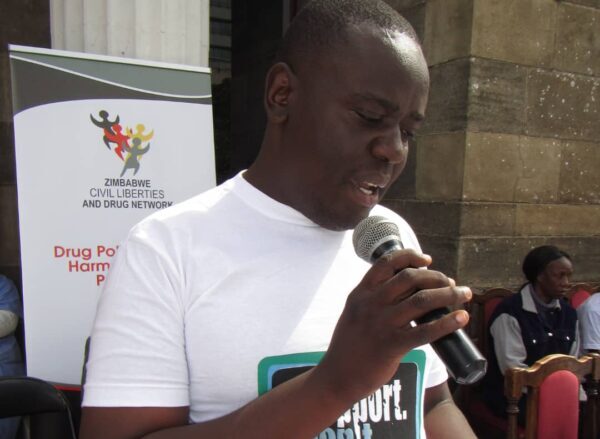
Box made these remarks while addressing a Harare Central District Aids Action Committee stakeholders review meeting convened by the National AIDS Council at Allan Wilson Boys High School recently.
BY NOBUHLE MAPLANKA
Zimbabwe Civil Liberties and Drug Network (ZCLDN) executive projects director Wilson Box says use of inappropriate language adds to drug or substance use stigma, arguing that wide of the mark language choices affect the well being of people who use drugs.
Box made these remarks while addressing a Harare Central District Aids Action Committee stakeholders review meeting convened by the National AIDS Council at Allan Wilson Boys High School recently.
“There is need for us to use proper language and vocabulary to define people who use drugs and do away with terms such as drug abuse, substance abuse or drug user while referring to people who use drugs,” Box said.
“We should avoid language that is injurious or harmful to a person’s character, reputation or that stigmatises or discriminates.”
Box said as stakeholders, there was need to know why people were taking drugs because before one takes drugs, one is a person first and foremost.
He also chronicled the journey that ZCLDN went through until the production of the Zimbabwe National Drug Master Plan.
“ZCLDN has three pillars which defines its thrust, and these are drug policy reforms, promotion of harm reduction and prevention of HIV/AIDs among people who use drugs,” Box said.
“On prevention of HIV and AIDS, we encourage the use of condoms, uptake of ART, Prep and Pep among people who use drugs. ZCLDN also support groups directing the vision and mission of the organisation, ZCLDN.”
Box said ZCLDN was leading a situational analysis research on drug use in Zimbabwe’s five provinces namely Harare, Bulawayo, Mashonaland Central and West and Manicaland.
On another front, ZCLDN is also doing research on the impact of drug use on women who use drugs. These initiatives are meant to speak to policy makers and the inter-ministerial committee on drugs on the way forward.
The executive projects director also explained on the worldwide illicit drug trade from Afghanistan through the southern route in east Africa countries like Somalia, Kenya via the Indian channel to South Africa and into land locked countries like Zimbabwe and Zambia.
He said Zimbabwe does not have official data on drug or substance use because a population size estimate has never been done before although anecdotal evidence points to a lot of drug use on the ground in the country.
He said drug use was prevalent as evidenced by statistics coming from mental health institutions and workplace records of drug use by employees.
Wilson also highlighted commonly used drugs in Zimbabwe which includes alcohol, cannabis, heroin, glue, and cough mixtures such as histalix and Broncleer.
Use of crystal meth/mutoriro/guka/dombo has become widespread in the country as well.
He said on the way forward, ZCLDN would push for the implementation of the Zimbabwe National Drug Master Plan and work with relevant inter-ministerial committees, parliamentary portfolio, or taskforces to ensure policy formulation which supports people who use drugs rather than punishing them.
If you punish a person who uses drugs, you force them to go underground and shy away from services.Wilson said ZCLDN will amplify voices on drug use challenges, harm reduction , and treatment as some of the major issues to curtail drug use challenges in Zimbabwe.
He said counselling alone was not enough and called for a holistic approach to fight drug use in the country.

